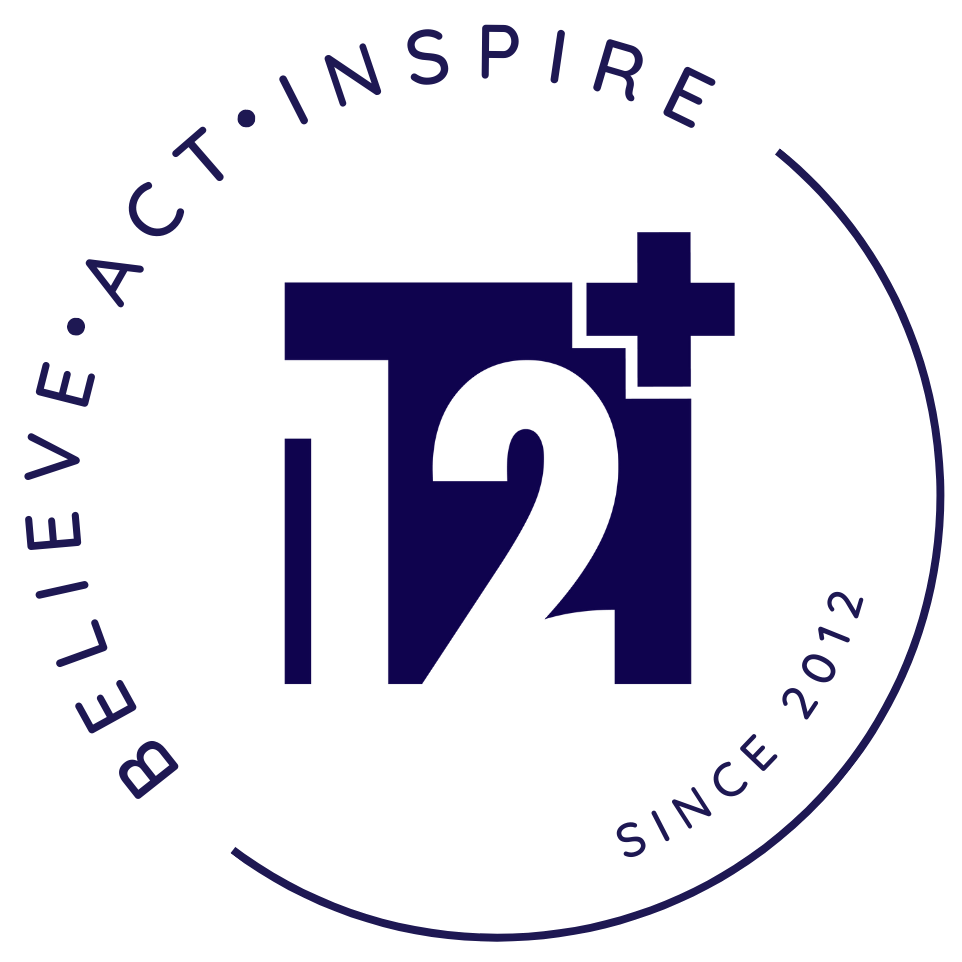Life of a Fellow: Meet Erin
Meet Erin Agnew, a recent graduate from George Washington University with an International Affairs and Human Services and Social Justice Degree, returning to Philadelphia from D.C. A history buff and Philadelphia lover, we are so happy to have her on our Hill Freedman team. Welcome, Erin! We are so excited to hear your thoughts on your first months at 12+!
Leaning into discomfort is hard. This is especially true for those of us in transition moments in life, whether it’s ninth graders beginning to navigate high school or seniors deciding what comes next. It’s also difficult for young professionals stepping into a year of working alongside both student cohorts and many more in between.
The students at Hill Freedman World Academy are unqualifiedly brave. Because they are attending a magnet school, they had to apply to study here, opening themselves up to the risk of rejection and the challenges of acceptance. They travel each day to the upper border of Philadelphia, many finishing homework during their morning commutes. They carry with them not only heavy backpacks, but also the weight of knowing that they are in one the most rigorous high schools in the Philadelphia School District peers. Within that rigor is the expectation that their academic success in the International Baccalaureate program will link college credits to their high school graduation. As we reminded anxious classes of ninth graders, they have to make the choice each day to get to school, to do their best work, to manage distractions, and to self advocate when necessary. All these things that will frame their high school careers bring discomfort. This is equally true for our seniors. They are working on lengthy research papers, while many are also learning to write a thesis statement. They are applying to colleges and chasing dreams that, for many of them, they will be the first in their family to pursue.
The students I have met show endless courage in facing these overarching, big picture discomforts and challenges. In educator-speak, this is called ‘grit’. While working in preschool classrooms, high school enrollment, and curriculum development, I have been part of many trainings and discussions on developing grit to push students through milestones and challenges. But those students I've met through 12+ have grit, perseverance, and guts already. It's how they are still invested in their education and connecting with resources to help them figure out what comes next.
In one-on-one work with students, such as when reviewing SAT problems, homework, and essays, I hope to support them in bringing that big-picture grit and confidence into smaller schoolwork and personal interactions. Showing students the benefits of embracing a growth mindset is powerful. However, for learners who have carried the label of “smart kids” their whole lives, it can be difficult to hold on to grit when difficult academic concepts aren’t coming naturally. More than once, when reviewing a math problem or grammar rule with a student, I have seen them pause in a moment of self doubt. Rather than following my instinct and reminding them of the equation or sentence structure, I leaned into my own discomfort and simply reminded them that they had time to review their resources before finding and fixing a mistake; that not knowing right away means that they are approaching an opportunity to learn confidently, not a moment of failure. In each instance, students knew where to go to find what they needed, and developed not just a new academic connection, but a reminder of the courage they will always carry with them.



